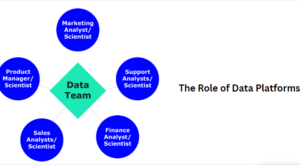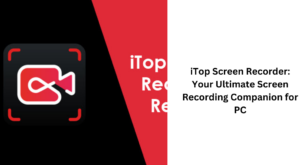What Is Content Management Software?
A content management system is computer software used to manage the creation and modification of digital content.
Today content is everywhere. Businesses are creating documents, emails, spreadsheets, presentations and other materials in greater volume. Without some system of managing and organizing it, unstructured content proliferates across your organisation. Keeping it organized and structured is the job of content management software (CMS).
Small Businesses
Content management is often under the control of the chief marketing officer. Marketers know that in a highly competitive environment, the right content can be the key to generating qualified leads and increasing sales.
For small businesses, a content management system focuses on the creation, distribution, maintenance, and storage or removal of content
Enterprise Content Management
The idea behind an enterprise content management system is simple. Give everyone access to all the information necessary to make decisions and complete projects with maximum efficiency.
A well-implemented Enterprise CMS reduces the time and costs associated with managing documents. It can automate manual tasks like photocopying and hand-delivering documents. It can increase security by restricting access to files and folders. It can be configured to allow certain departments to maintain control of their documents. For example, keeping HR information restricted to HR personnel.
Choosing an Ideal Enterprise CMS
Define your business goals. Do you want to improve internal communications, improve sales, or enhance customer engagement? The best CMS for you should align with your goals and objectives.
Scalability is critical in ensuring that your choice of CMS software will be able to expand as your business grows.
Integration with artificial intelligence will become increasingly important in the content management landscape. AI will play an increasing role in the document management process.
Will your chosen platform keep your data and website safe? Determine what steps your vendor takes to provide security for your data.
Do they meet third-party certification standards like SOC 2? Can they provide a TLS/SSL certificate so you will have secure end-to-end encryption?
With data breaches on the rise, ensuring your system’s security is vital.
It is rare for any out-of-the box software solution to exactly mesh with a company’s needs and business processes.
How quickly can your vendor respond to your requirements for customization? Choosing a system that is agile and flexible will determine how fast your enterprise can respond to changing business conditions.
The performance of your proposed solution should be non-negotiable. Making sure your website loads quickly, stays online and is available to customers and users is the essence of a content management system.
Summary
- A good enterprise content management solution should allow your company to:
- Securely save and store content
- Find and use content whenever you need it, wherever you are
- Capture any file type from any location and have it classified and stored automatically
- Navigate easily between the CMS platform and any other enterprise systems
- Report on how information is being used in the CMS system
Enterprise content management systems can significantly impact the efficiency of your operation and the effectiveness of your customer engagement strategies.









